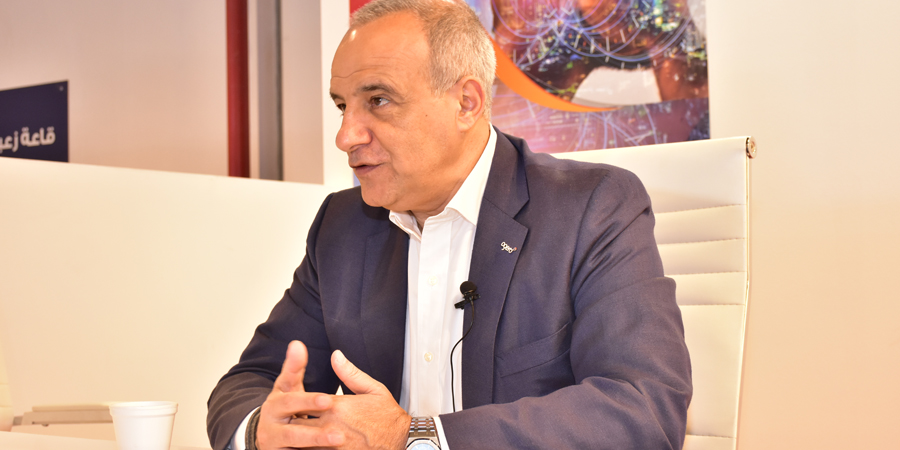Ogero launched recently public WiFi and 5G fixed wireless services in Beirut Rafic Hariri International Airport which marks yet another milestone in Ogero’s journey. Those two services are set to provide connectivity that matches international standards for both individuals visiting the airport through the public WiFi or to enterprises and airport staff through the 5G fixed wireless.
Telecom Review spoke to Imad Kreidieh, chairman and director general of Ogero to know more about the project. Kreidieh shared positive figures as to the increase in internet speeds and improvement of coverage across all the airport.
Congratulations for recently launching two new services at Beirut Rafic Hariri International airport – public Wi-Fi and 5G fixed wireless. Can you give us some insights into the whole process that lead to the launching of the project?
We have been working on the public Wi-Fi project for quite some time now. The first milestone was achieved on the 26th of September when we announced that Beirut Rafic Hariri International Airport is now equipped with the public Wi-Fi. For decades, the quality of internet at the airport was poor and sporadically installed. Our main goal was to provide a massive coverage to all areas of the airport. Consequently, we installed over 157 hot spots providing coverage of 98% of the airport.
Furthermore, we installed two different wireless technologies – the 5G and LTE. We provided visitors of the airport lounges with 5G to give them a taste of what this technology is all about in terms of speed and quality. The 5G station installed at the airport was provided through a fixed wireless and not a mobile network. A CPE was installed at the lounges to which allow travelers to connect to the internet with speeds reaching 480 Mb/s.
On the other hand, the public Wi-Fi is over traditional fiber and can provide speeds of up to 200 Mb/s depending on the number of users.
After almost a month of the launch, do you have statistics of the speeds attained and number of users so far?
The average speeds attained for connected users reached 79 Mb/s of download. Average time of connection was 36 minutes. People are culminating at two hours of connectivity within a daily consumption of around 150 Gb of traffic. The highest number of travelers connected to the network was 2000 users at the same time.
We are now optimizing the coverage so that the speed is consistent in all areas. We gave ourselves a 30-day deadline to troubleshoot, optimize the coverage and facilitate the handover from one hot spot to the other to offer a seamless experience.
Why did it take Lebanon so long to have public Wi-Fi at the airport?
As far as Ogero is concerned, the idea was nurtured in late 2017 but we weren’t able to initiate the project because one of the private internet service providers had exclusivity over the airport. We waited until the contract ended and we started negotiating with airport authorities.
However, this is not an attempt to crowding the private sector out, on the contrary, we are offering them to use the existing platform we have installed to have a homogeneous and consistent service across all areas.
What should we expect next from Ogero?
Our next project is at Beirut Waterfront. We will install a public Wi-Fi area for all the visitors to benefit from. Over and above, five main public gardens in Beirut will be equipped with public Wi-Fi as well. With this, we conclude phase 1 of the national project that we announced and is not only limited to Beirut but will cover other regions in Lebanon, namely touristic areas such as Byblos, Batroun, Old Saida, Tripoli and Baalbeck.










